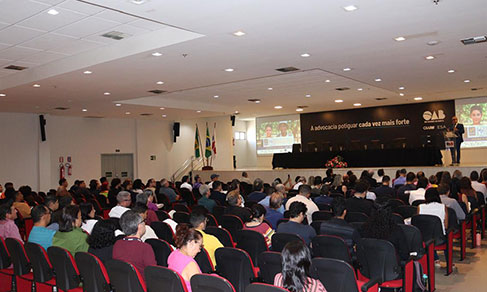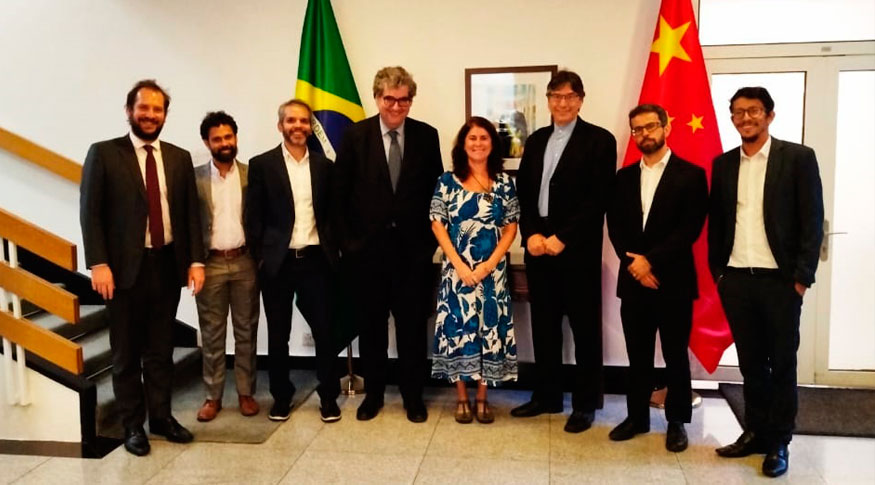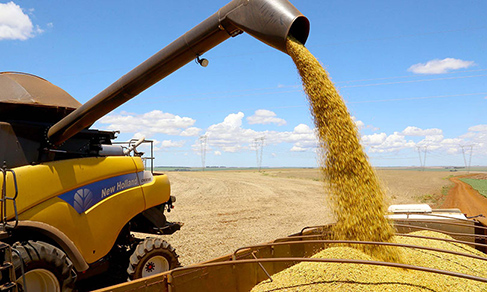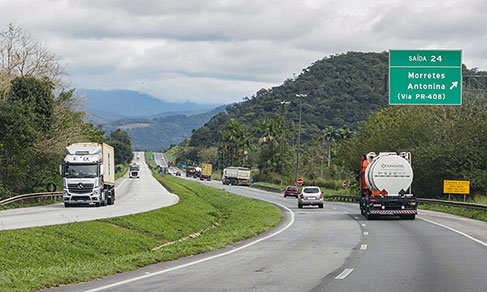2022 Census
2022 Census: In Natal (RN), IBGE releases results on persons with disabilities and persons diagnosed with ASD
May 23, 2025 04h00 PM | Last Updated: May 26, 2025 03h42 PM

The Brazilian Institute of Geography and Statistics (IBGE) released, last Friday (23), at 10 am, data relative to the 2022 Population Census: Persons with Disabilities and Persons Diagnosed with autism Spectrum Disorder – Preliminary sample results. The press conference took place at the Brazilian Bar Association - Rio Grande do Norte Sector, in Natal (RN), and was attended by 300 persons, including professor, students, authorities, IBGE servants and other guests, besides being streamed live on the Institute’s social media channels. Watch the video video here.

The release presents information related to the occurrence of disabilities and the types of functional difficulties – seeing, hearing, walking, grasping small objects and communicating – due to limited mental functions. It also presents, for the first time, results for persons diagnosed with autism spectrum disorder. The data, disaggregated by sex, color or race, age groups and schooling of the population, were made available for Brazil, Major Regions, States, Municipalities and other geographies based on Municipalities. See the results on disabilities and autism.
Participants in the event included the deputy director of Surveys, Vladimir Miranda, the coordinator general for Documentation and Dissemination, Daniel Castro, the representative of the Technical Coordinator of the Population Census (CTD), Pedro Helal, the IBGE superintendent in Rio Grande do Norte, Fabiana Fábrega, besides IBGE servants.
Among the participating authorities were the superintendent of the Ministry of Health in Rio Grande do Norte, Jalmir Simões, the president of the Commission for the Defense of Rights of Persons with Autism of the Federal Council of OAB, Bruno Farias, and the president of the National Council of the Rights of Persons with Disabilities (CONADE), Décio Santiago.

In a video message, the president of the IBGE, Marcio Pochmann, praised the work of the Institute in releasing the results about persons with disabilities and those diagnosed with ASD (Autism Spectrum Disorder). “Information is necessary for us to know, among Brazilians, how many require special attention from families and, mainly, coverage by public policies in our country. The data help Brazil be more aware of the reality of its people, so that reality can add to the creation of adequate public policies.”
Jalmir Simões congratulated the IBGE on this production, now presented in Rio Grande do Norte. “When I hear IBGE, I remember a time when I was a manager. Whatever decision in public policies we use data produced by the IBGE. These results are essential for they give social visibility to groups made invisible by society,” said the Ministry of Health representative.
Speaking on behalf of the president of OAB-RN, Bruno Farias thanked the IBGE for the initiative of bringing such relevant information closer to society. “I say that, without a doubt, this is a moment of the utmost importance for persons with disabilities, as from here onwards, we will have a conclusive parameter of who they are,” he explained.
Wladimir Miranda mentioned the release of results as an accomplishment for society. “Our latest Census faced many challenges so that we could get to this day, budgetary issues, the outbreak of a pandemic, and fake news. In the midst of all, it is the IBGE’s duty to present reliable information to support our knowledge of society and the formulation of public policies,” the deputy director explained.
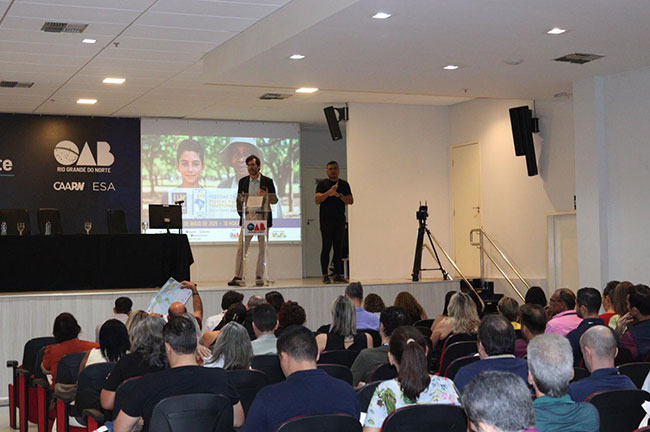
As representative of the Technical Coordination for the Population Census, Pedro Helal recalled how relevant the operation is. “For the first time, the Census presents information at national level about persons with disabilities and those diagnosed with autism spectrum disorder. This has great social and statistical relevance, as it provides a more detailed portrait of these people by means of our sample, based on an approach that follows international and was carefully adapted to the Brazilian reality.”

Fabiana Fábrega spoke about the satisfaction to be representing the IBGE in this event. “We are honored to receive these results that mean inclusion, above all. These data will help include persons with disabilities and with autism in public policies. I you want to know about Brazil, ask the IBGE,” said the IBGE superintendent in Rio Grande do Norte.
The president of CONADE, Décio Santiago, explained that the IBGE “is important to make these data present in the lives of peoples. Bymeans of these figures, we learn who they are and where they are, besides knowing how these people live. We thank the IBGE for the work of visiting each address in the country to collect such data.”
IBGE gives conducts workshop for public managers, educators and students
In continuation to the event, the IBGE conducted the workshop “A territory of information: potentialities of the 2022 Census data” for public managers, educators and students, from 2 pm to 5:30 pm.

Technical and operational aspects of the survey were presented, and also potentialities for decision making by local managers at municipal or state level. Among the topic approached: what is the Census? figures of the operation, topics surveyed, innovations in the 2022 Census, Post-Enumeration Survey, besides potentialities of information for local managers.
There was also a presentation of tools such as the 2022 Census Overview, the Interactive Geographic Platform (PGI), the IBGE System of Automatic Retrieval (SIDRA) and the Environmental Information Database (BdiA). Other topics already presented and prospects for coming releases were also covered.




